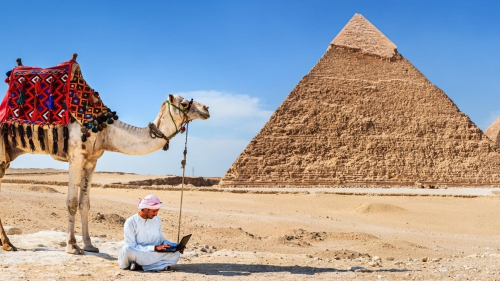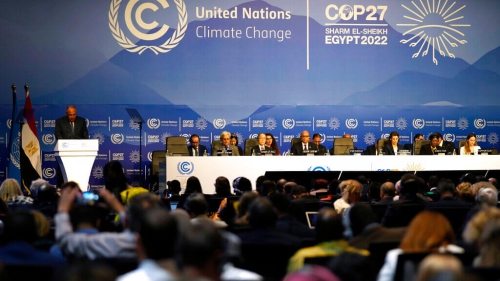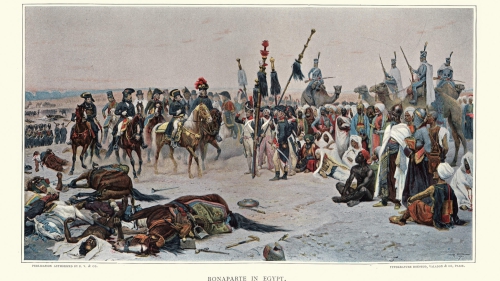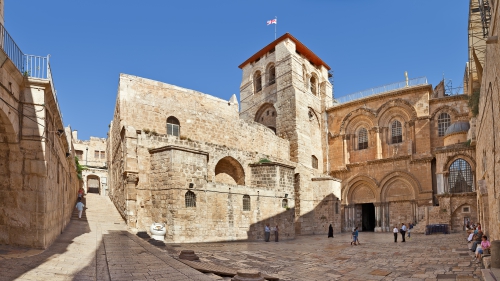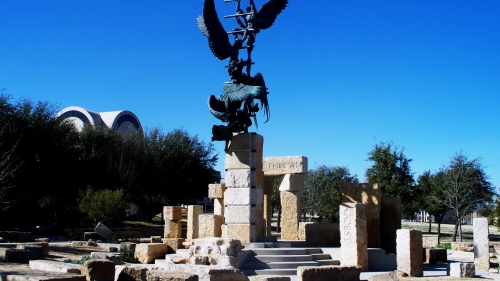Mubarak: elected again
Egyptian President Hosni Mubarak was chosen for a fourth six-year term as president in a referendum vote on Sunday. The 71 year-old Mubarak, Egypt's leader since 1981, received 93.79 percent of the popular vote according to numbers released to the press by Egyptian Interior Minister Habib Al-Adli on Monday. But despite the congratulations Mubarak received from a variety of international leaders, the confirmation vote raises more questions about the state of democracy in Egypt than it answers.
The referendum vote itself, unlike previous referendums, has so far escaped allegations of vote rigging. Mubarak's confirmation actually records a two-point drop in approval rating and a five percent decrease in voter turnout since 1993, according to the BBC on September 27. But opposition parties, none of whom were represented in the vote, have nonetheless charged the vote was undemocratic and had earlier urged voters to boycott the elections.
Opposition grievances were formally filed as early as August 31 by members of the Preparatory Committee for Political and Constitutional Reform, an umbrella group of opposition parties, human rights activists and Egyptian intellectuals. The group called for concrete steps towards general, multi-party elections and criticized a variety of problems including the continuing state of emergency in place since Anwar Sadat's 1981 assassination, restrictions on press and political organization, detainment of political prisoners and state control over trade, professional and civil associations.
Many prominent Egyptian leaders, including businessmen, politicians and even Shaikh Muhammad Sayed Tantawi, the head of Al-Ahzar Islamic University, have publicly endorsed Mubarak's continued rule. A September 26 report by Agence France Presse (AFP) reveals the extent of the mobilization of political institutions behind Mubarak, with posters and staged marches evident in many places. A September 24 report from the Egypt-based Middle East Times said that the show of public support went so far as young school children drawing Mubarak's picture and listening to lectures on Mubarak's great achievements.
But a group of 100 prominent university professors, lawyers and journalists issued a petition calling for a "No" vote, denouncing the Egyptian government's "systematic use of torture" and charging that government subservience to IMF and World Bank measures had caused an economic downturn and a loss of 250,000 jobs, as reported by Akhbar.com on September 27. The Egyptian Organization of Human Rights (EOHR) has likewise condemned the use of torture, the holding of some 16,700 political prisoners and the fact that, "In the past few years, corruption has spread in the wheels of the state," as quoted by Akhbar.com.
While Mubarak has given lip service to the ideals of democracy, especially in international forums, he has yet to deliver on these same ideals. Speaking to the Egyptian Armed Forces Newspaper, Mubarak promised a "greater practice of democracy" but went on to say, "Full democracy does not exist" and that greater freedom "is not a thing to give all at once," as quoted by the Middle East Times on September 24.
To his credit, Mubarak reportedly often cites Egypt's economic growth and emergence as a source of regional stability under his rule, claims that are substantiated by many international sources. Egypt's economic growth rate has held steady between 5 and 6 percent in recent years and per-capita income has risen from $427 in 1981 to $1410 in 1999.
Both Palestinian leader Yasser Arafat and Israeli Prime Minister Ehud Barak have praised Mubarak's role in the struggle towards Middle East peace. According to Arabicnews.com on September 27, Arafat said Sunday's referendum was a victory for Arabs and Islam, as well as Palestinians and Jerusalem. Mubarak's role as a source of regional stability is further accentuated by his recently resumed contacts with Libya and Sudan. And Mubarak has been a significant factor in the rise of American aid to Egypt. Egypt is now the second largest recipient of US foreign aid behind Israel.
But Egypt's reemergence as a regional powerbroker and source of stability, supported as it has been by US patronage, has perhaps served to further undermine democracy in Egypt. While the emergence of Egypt under Jamal Abdul Nasser in the 1950s galvanized popular sentiment behind Arab nationalism, Mubarak's policies have led to foreign dominance and greater corruption, according to many. A September 24 article by Riad Al Khouri in the Middle East Times says, "Foreign intervention in the past few decades has often promoted the status quo in the region through support for conservative authoritarian regimes." This has lead to increasing corruption, heightened barriers to democracy and long-term economic stagnation.
Although Egypt's reemergence under Mubarak is undeniable, the recent referendum reveals the limits to Mubarak's supposed shining example of regional stability and democracy. The question must be asked: if Egypt truly was a stable country, why could it not have a fair, multi-party election? And if the Egyptian people truly do love Mubarak as much as the present regime would have us believe, what does Mubarak have to lose from a fair election?
Zakariya Wright is a staff writer at iviews.com











